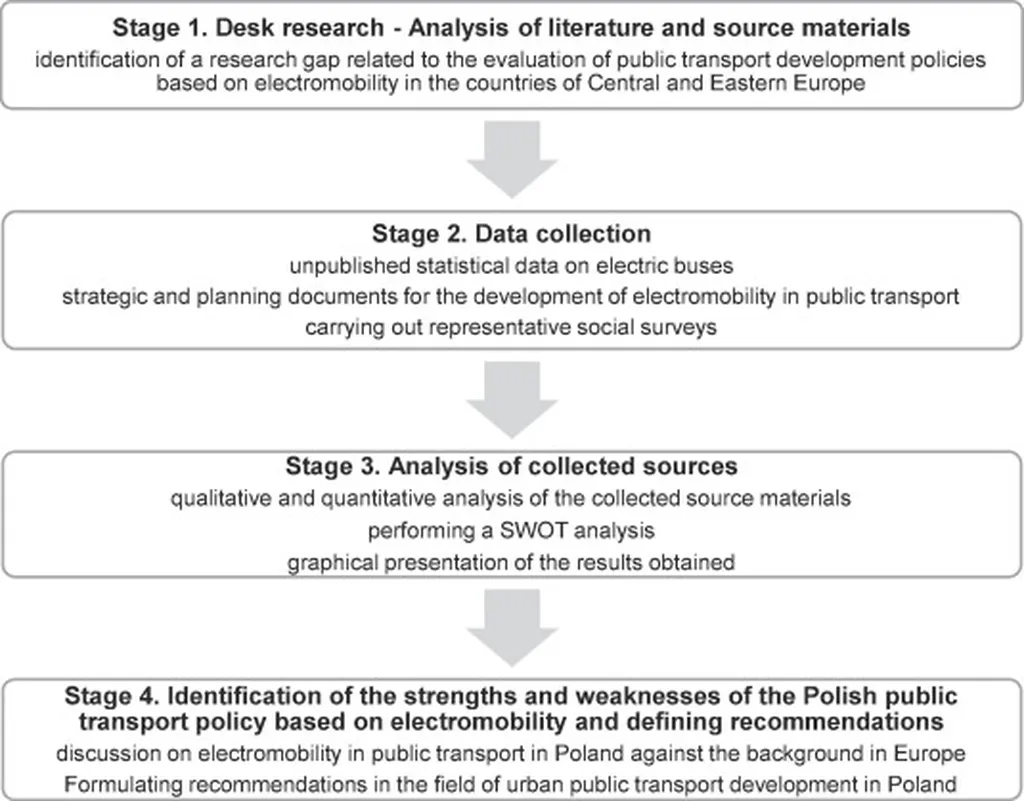In the bustling urban landscape of Lublin, Poland, a quiet revolution is underway, not on the streets, but in the data being collected from the city’s public transportation system. Andrzej Niewczas, a researcher from the Motor Transport Institute in Warsaw, has been crunching numbers to compare the reliability of electric buses against their combustion engine counterparts. His findings, published in the journal Energies, offer a nuanced perspective on the future of sustainable urban transport.
Niewczas’s study, conducted under real-world conditions, reveals that while electric buses are a cornerstone of sustainable public transport development programs, they may not yet match the reliability of traditional combustion engine buses. “We found that electric buses have a shorter distance between failures than combustion engine buses of analogous capacity,” Niewczas explains. This is a crucial insight for transport companies and policymakers alike, as it highlights the need for improved diagnostic and maintenance systems for electric buses.
The study employed the Weibull distribution to determine the reliability functions of buses and their structural components. This statistical approach allowed Niewczas to verify the statistical significance of the differences in reliability between electric and combustion engine buses. “The suitability of the Weibull model as a model of bus reliability in comparative studies was verified,” he notes, providing a robust methodological framework for future research.
So, what does this mean for the energy sector and urban planning? The findings suggest that while electric buses are a step in the right direction for sustainable transport, there’s still room for improvement. “The results of the research can be used to monitor current sustainable public transport development programs and to improve bus diagnostic and maintenance systems in transport companies,” Niewczas says.
This research could shape future developments in several ways. Firstly, it underscores the need for continued innovation in electric bus technology to enhance reliability. Secondly, it calls for more comprehensive maintenance strategies tailored to electric buses. Lastly, it provides a valuable benchmark for cities worldwide considering or already implementing electric buses in their public transport systems.
As cities worldwide grapple with the dual challenges of urbanization and climate change, sustainable public transport is no longer a choice but a necessity. Niewczas’s research serves as a timely reminder that the transition to electric buses, while promising, is not without its challenges. It’s a call to action for the energy sector, transport companies, and policymakers to collaborate and innovate, ensuring that the buses of the future are not only sustainable but also reliable. After all, the journey towards sustainability is not just about choosing the right destination, but also about ensuring a smooth ride.

